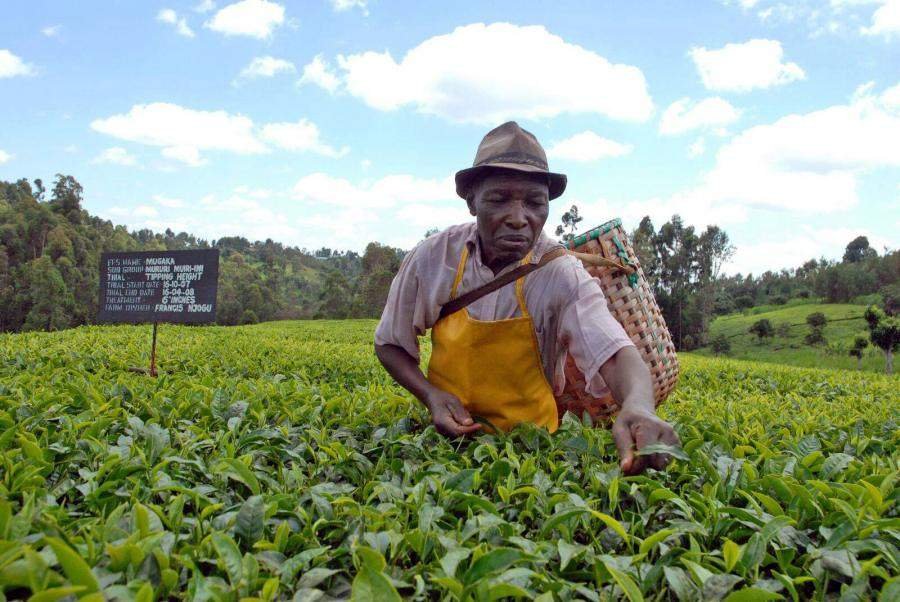Kenya unveils new tea export strategy to boost farmer earnings and secure Egyptian market
Kenya is shifting from bulk exports to packaging and branding tea at source, with new distribution hubs in Cairo, a move designed to fetch higher prices for farmers, stabilise payments, and expand into the Middle East and North Africa
By Sandra Neddy
Kenya’s tea farmers are set to earn more from their produce under a new export strategy that prioritizes value addition and direct market access.
The plan, unveiled by the Kenya Tea Development Agency Holdings Limited (KTDA) in partnership with the Tea Board of Kenya, will see more Kenyan tea packaged and branded locally before export, while distribution centres in Cairo will bring the product closer to its largest buyers. Higher
Value, fairer returns
By moving away from bulk exports, Kenya aims to fetch higher international prices, shield farmers from foreign exchange–related payment delays, and create more predictable incomes.
Egypt remains Kenya’s single largest tea market, importing 86.9 million kilogrammes in 2024 worth Ksh23.96 billion, about 85 per cent of Egypt’s tea supply.
Tea also anchors bilateral trade relations, with Egyptian ambassador H.E. Wael Nasreldin Attiya famously noting: “No Egyptian starts their day without Kenyan tea.”
Yet, despite strong demand, Kenyan tea exports to Egypt have recently faced a 10 per cent decline in volume, with growers hit by delayed payments due to Egypt’s foreign currency shortages. To counter this, KTDA says it is pushing for direct government-to-government agreements to guarantee consistent cashflow and fair returns for farmers.
Building on reforms
This strategy builds on reforms introduced under the Tea Act 2020, which created the Tea Board of Kenya to regulate and promote value addition. By encouraging packaging and branding at source, the government seeks to strengthen Kenya’s global competitiveness and increase farmer incomes.
In 2024, the tea sector earned Ksh215.21 billion, with Ksh181.69 billion from exports, according to the Tea Board’s performance report.
Beyond Egypt
The new Cairo hubs are designed not only to stabilise supply to Egypt but also to serve the wider Middle East and North Africa (MENA) region. This visibility could open new markets for Kenyan tea while raising the profile of branded Kenyan products abroad.
Benefits at home
The shift to value addition is also expected to create jobs in packaging, blending, logistics, and marketing, particularly benefiting youth in tea-growing counties. Smallholder farmers, who form the backbone of the sector, stand to gain the most from fairer returns and reduced reliance on volatile bulk exports.
High-level support
The strategy was endorsed during a high-level meeting in Nairobi, attended by Agriculture CS Mutahi Kagwe, Egypt’s ambassador Wael Nasreldin Attiya, KTDA Holdings CEO Wilson Muthaura, and Tea Board CEO Willy Mutai. Together, they stressed the importance of protecting Kenya’s dominant position in Egypt’s market while future-proofing farmer incomes.



